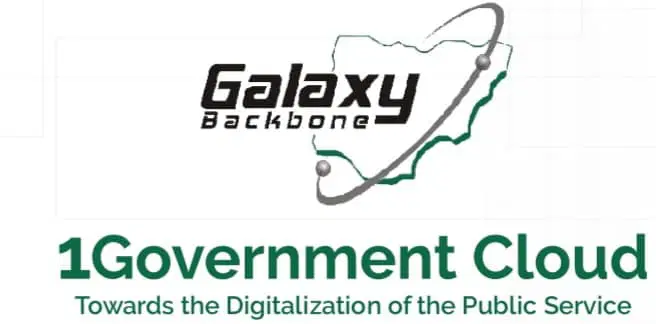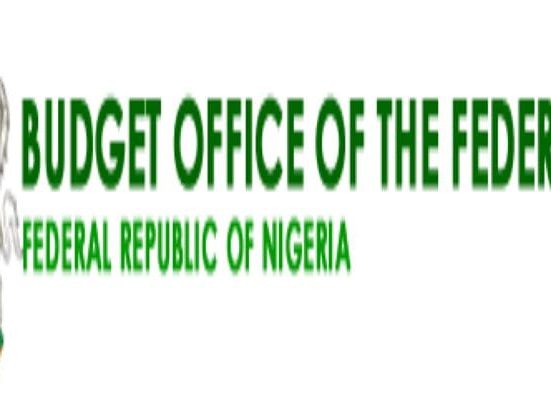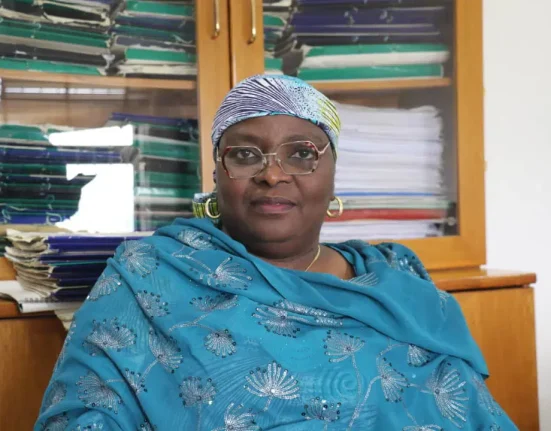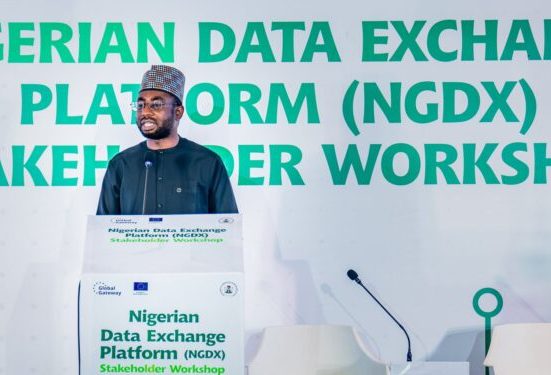In a significant step toward modernising public service delivery and deepening Nigeria’s digital transformation agenda, the Federal Government has officially unveiled the 1GovCloud project—an ambitious initiative aimed at transitioning Ministries, Departments, and Agencies (MDAs) into a unified, paperless digital ecosystem.
The project, which was formally rolled out by the National Information Technology Development Agency (NITDA), under the supervision of the Federal Ministry of Communications, Innovation and Digital Economy, is designed to consolidate the IT infrastructure of government institutions onto a secure, centralised cloud platform. This move, according to officials, will enhance inter-agency collaboration, reduce operational costs, minimise paper-based processes, and improve data security across the federal bureaucracy.
With the 1GovCloud, MDAs are expected to migrate their services, records, and workflow processes into the cloud, enabling faster, more transparent, and efficient governance. The platform also comes equipped with features that allow for secure data sharing, digital identity management, and automated service delivery—all of which are in line with President Bola Ahmed Tinubu’s Renewed Hope Agenda, which prioritises the digitisation of public sector operations.
Director General of NITDA, Kashifu Inuwa Abdullahi, noted that the 1GovCloud initiative is not just a technological upgrade but a fundamental shift in how government conducts its affairs in the digital age. He emphasised that the platform will support e-government initiatives, eliminate redundant IT spending across agencies, and ultimately position Nigeria as a leader in digital governance on the African continent.
The launch of 1GovCloud also aligns with the National Digital Economy Policy and Strategy (NDEPS), which envisions the full digitalisation of government services by 2030. NITDA has begun onboarding select pilot MDAs to the platform, with plans to scale up adoption across all federal institutions in phases. Training and technical support are being provided to ensure a smooth transition for all users.
Stakeholders within the tech ecosystem have welcomed the development, describing it as a timely intervention that will help curb inefficiencies and encourage data-driven policymaking. Civil society organisations and ICT professionals have also urged the government to ensure that the migration process is transparent, inclusive, and backed by robust cybersecurity measures.
As the 1GovCloud project gains traction, many see it as a bold leap toward a smarter, cleaner, and more efficient Nigerian government—one that is prepared to embrace innovation in the service of its people.







